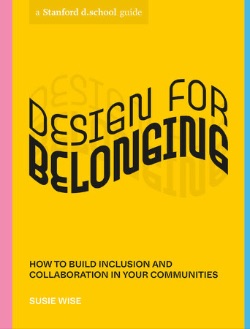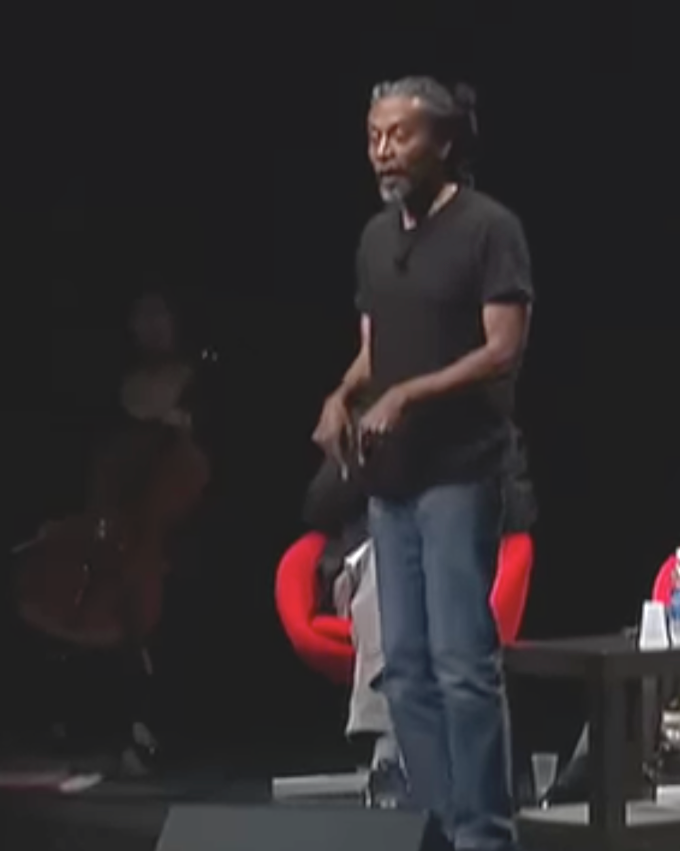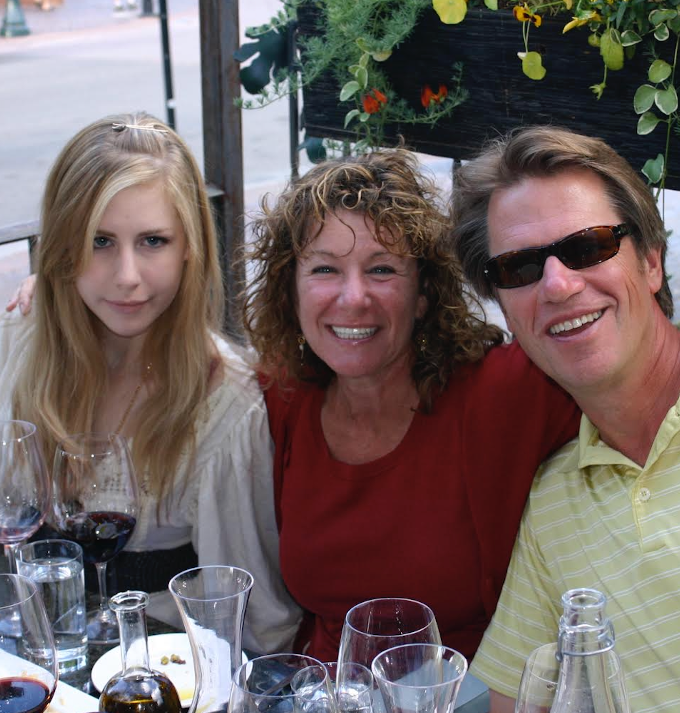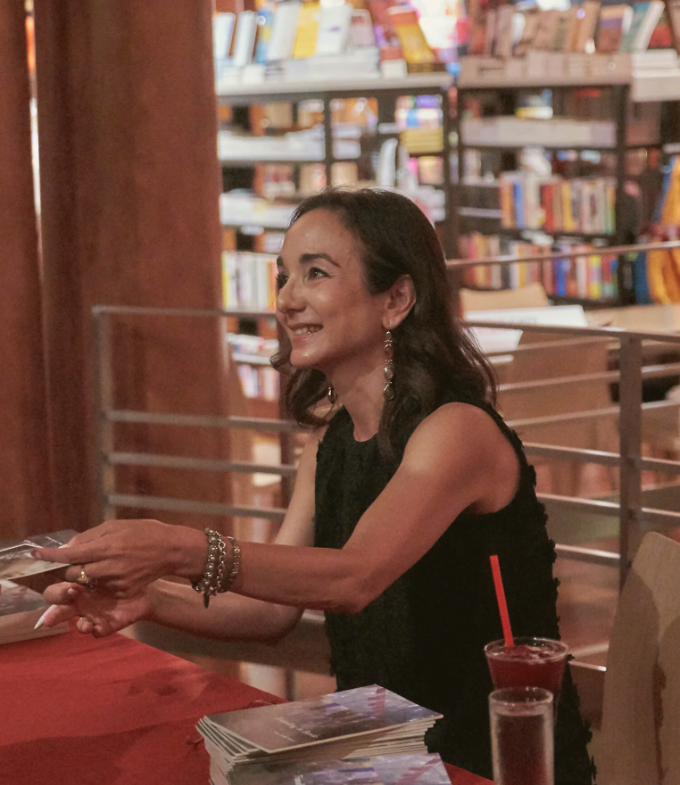October 17, 2025
Learning
How learning to live with uncertainty about the past can help us make wiser decisions about the future
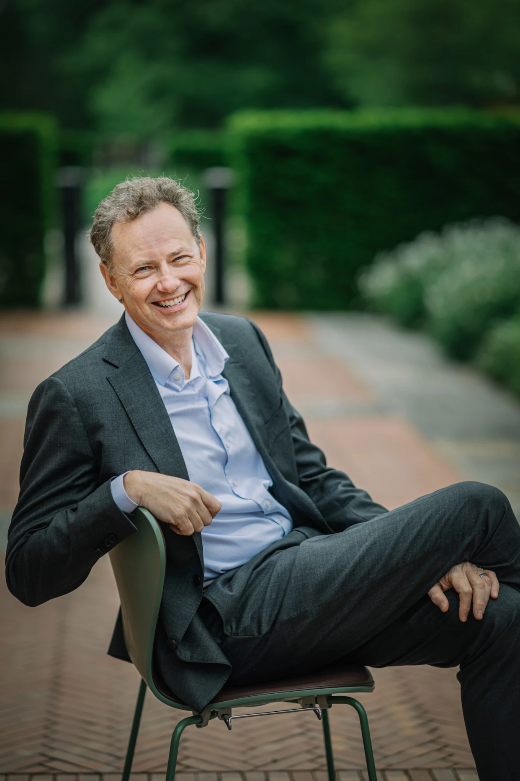
Francis J. Gavin says that a historical sensibility “invites us to stay with the mystery a little longer…to appreciate the ‘wacky,’ the contingent and the profoundly human fabric of the past. It reminds us that history is not a set of lessons to be applied, but a vast reservoir of human experience to be explored.”
Francis Gavin says we're doing it wrong. He says we need a smarter way to learn from history. We tell simple stories about the past because they’re easier to understand. But when we do that, we miss the bigger forces that really shape events. Gavin’s perspective comes from decades of work as a historian, teacher, and advisor on world affairs and national security. His career studying global issues and decision-making has taught him to look for complexity instead of quick answers.
In this article, Gavin worries that we’ve lost the habit of “thinking historically.” Instead of curiosity and context, we now rely too much on data, simple models, and predictable stories. He argues that real historical thinking means being comfortable with uncertainty, paying attention to context, showing empathy, staying curious, and keeping an open mind.
He points out that most people only encounter history as lists of facts, patriotic myths, or simplified versions in the media. These approaches make history feel neat and certain—but real history is messy and full of unknowns. Gavin suggests asking two kinds of questions: first, the “vertical” ones, like “How did we get here?” that trace causes and effects; and second, the “horizontal” ones, like “What else was happening?” that help us see the broader context. He also warns against “outcome bias”—judging past decisions as if people already knew how things would turn out.
His main idea is simple but powerful: thinking historically means asking better questions and appreciating how chance, human choices, and larger systems all interact. It helps us live with uncertainty and make wiser decisions about the future—something simple stories and rigid models can never do.
"The academic discipline of history has, in recent decades, largely failed in its public duty. It has retreated from the consequential subjects of statecraft and strategy, seeing them as unworthy of scholarly pursuit. The rosters of tenured historians at major universities show a steep decline in scholars engaged with questions of war, peace and diplomacy. When they do address such topics, they often do so in a jargon-laden style that is inaccessible and unhelpful to decision-makers or the wider public."
“The past that we remember is an infinitesimal fraction of an infinite stream of events; historians’ most profound choice is what to rescue from this oblivion.”
"Ultimately, thinking historically is about asking better, more probing questions. It is a disciplined curiosity that fosters an appreciation for the complex interplay of individual agency, structural forces and pure chance. Instead of offering easy answers, it provides the intellectual equipment to engage with hard questions, a skill indispensable for navigating a future that will surely be as unpredictable as the past."
ARTICLE: The Lost Art Of Thinking Historically
